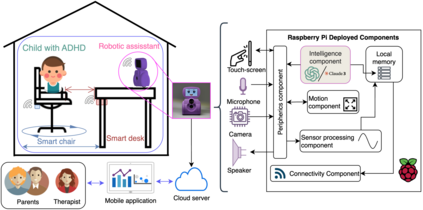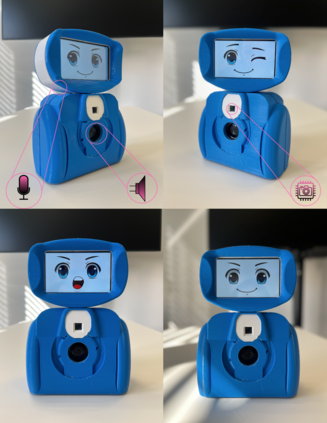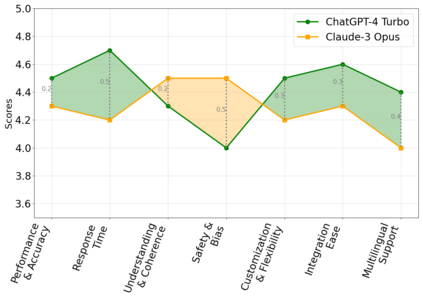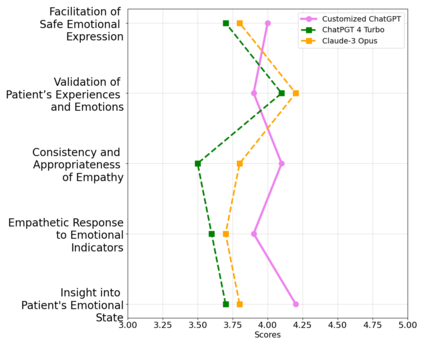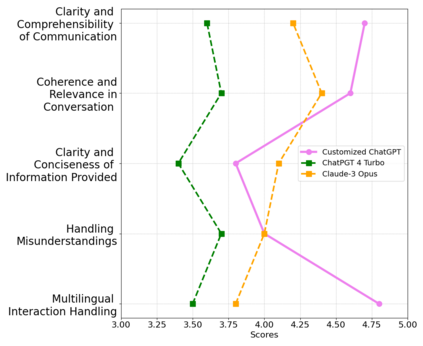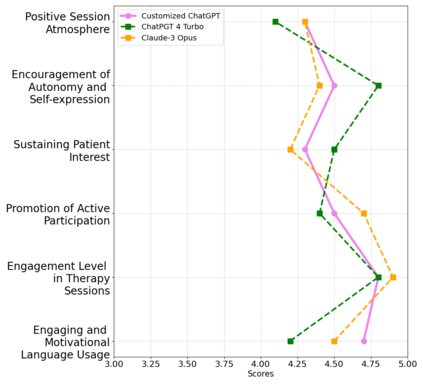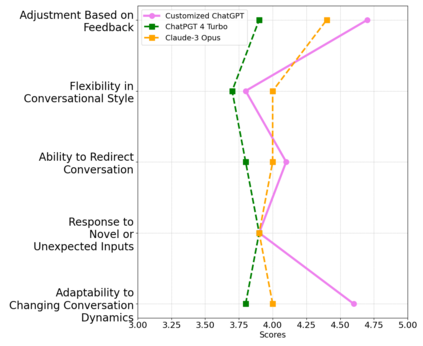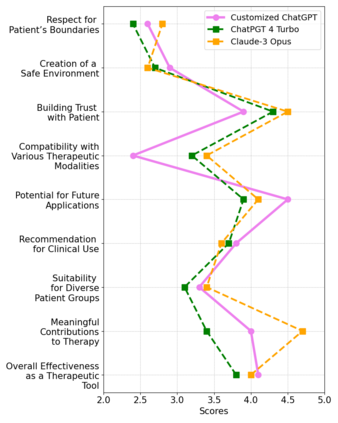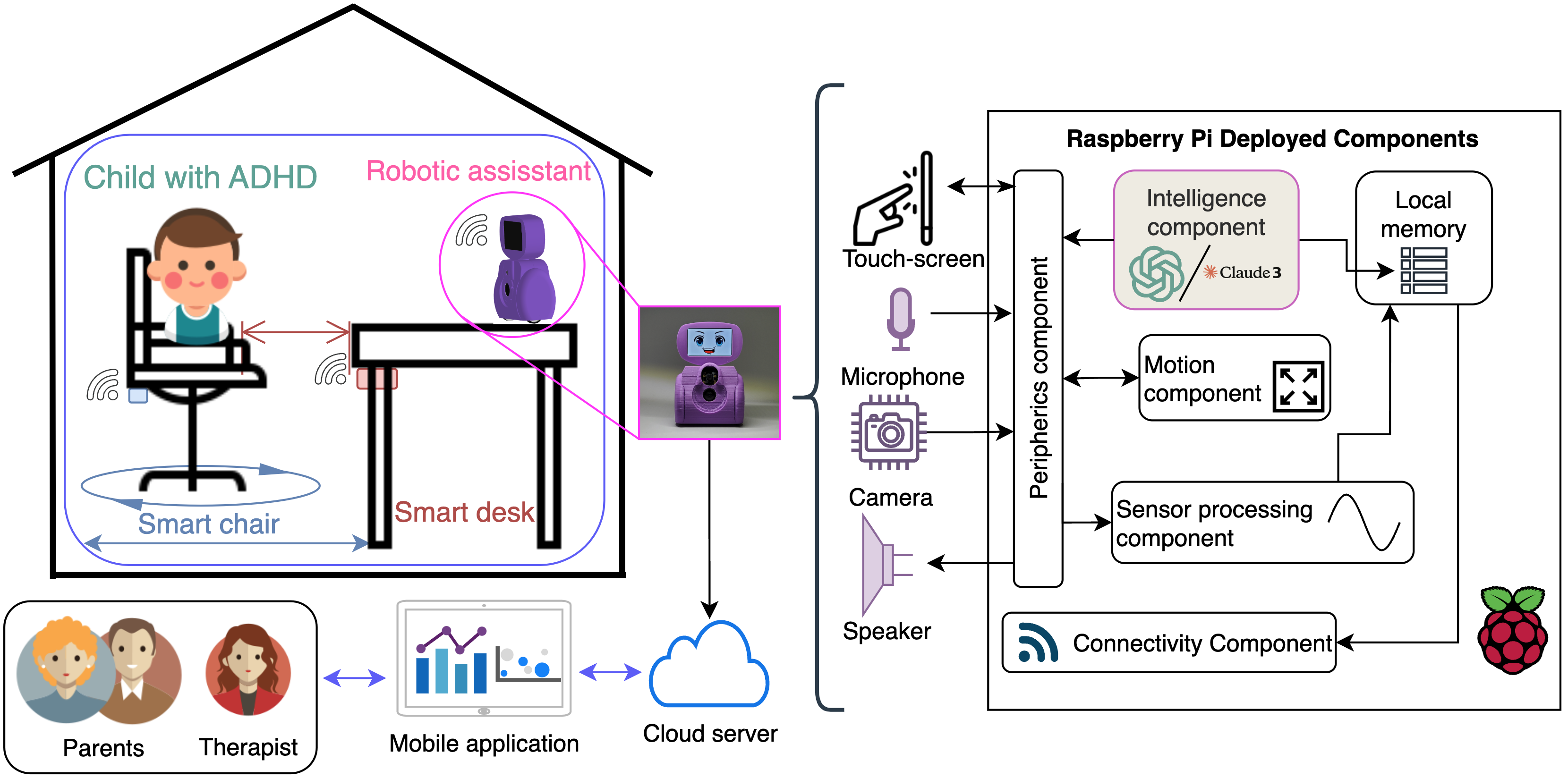Attention Deficit Hyperactivity Disorder (ADHD) is a neurodevelopmental condition characterized by inattention, hyperactivity, and impulsivity, which can significantly impact an individual's daily functioning and quality of life. Occupational therapy plays a crucial role in managing ADHD by fostering the development of skills needed for daily living and enhancing an individual's ability to participate fully in school, home, and social situations. Recent studies highlight the potential of integrating Large Language Models (LLMs) like ChatGPT and Socially Assistive Robots (SAR) to improve psychological treatments. This integration aims to overcome existing limitations in mental health therapy by providing tailored support and adapting to the unique needs of this sensitive group. However, there remains a significant gap in research exploring the combined use of these advanced technologies in ADHD therapy, suggesting an opportunity for novel therapeutic approaches. Thus, we integrated two advanced language models, ChatGPT-4 Turbo and Claude-3 Opus, into a robotic assistant to explore how well each model performs in robot-assisted interactions. Additionally, we have compared their performance in a simulated therapy scenario to gauge their effectiveness against a clinically validated customized model. The results of this study show that ChatGPT-4 Turbo excelled in performance and responsiveness, making it suitable for time-sensitive applications. Claude-3 Opus, on the other hand, showed strengths in understanding, coherence, and ethical considerations, prioritizing safe and engaging interactions. Both models demonstrated innovation and adaptability, but ChatGPT-4 Turbo offered greater ease of integration and broader language support. The selection between them hinges on the specific demands of ADHD therapy.
翻译:暂无翻译

